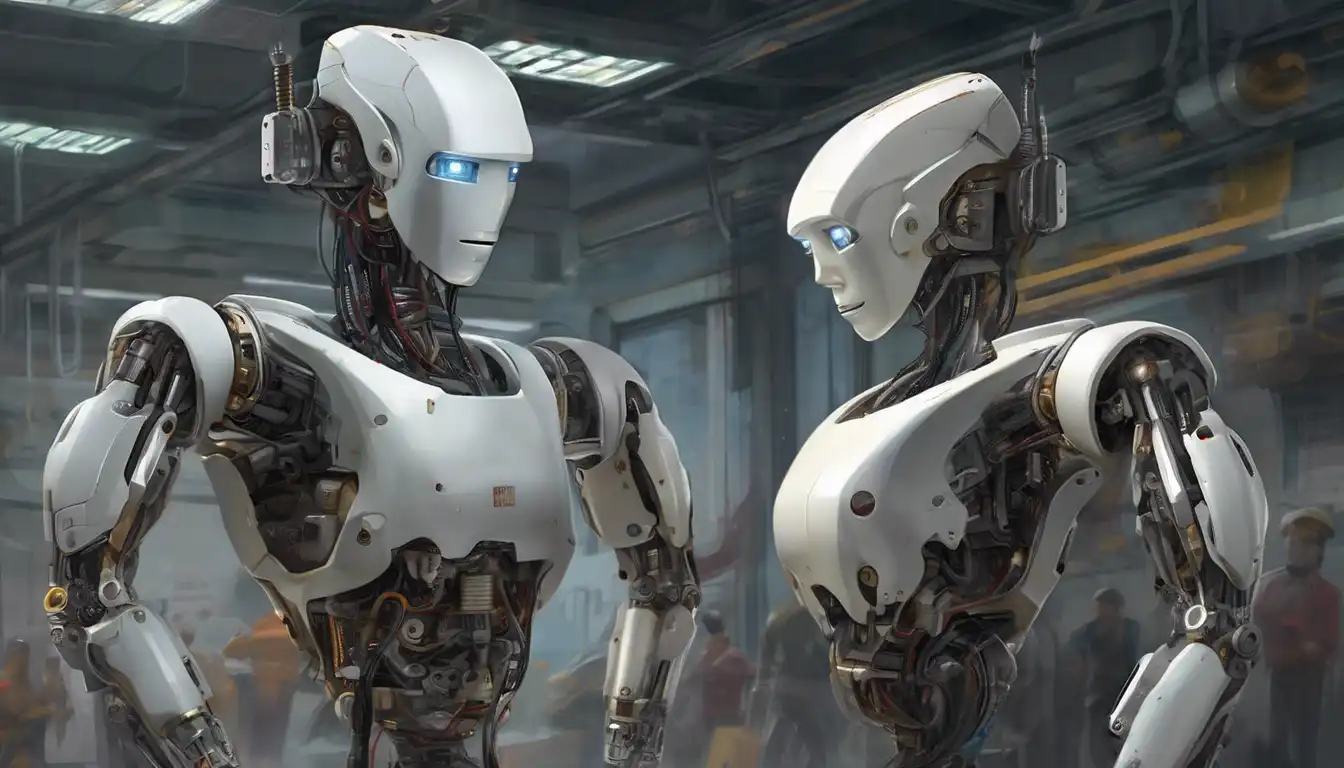The Moral Implications of Autonomous Robots
In the rapidly evolving world of technology, autonomous robots represent a significant leap forward. These self-operating machines, capable of performing tasks without human intervention, are increasingly becoming a part of our daily lives. From self-driving cars to robotic assistants, the potential applications are vast. However, with great power comes great responsibility, and the ethical implications of autonomous robots are a topic of intense debate.
Understanding Autonomous Robots
Autonomous robots are designed to operate independently, making decisions based on their programming and the data they collect from their environment. Unlike traditional robots, which require explicit instructions for every action, autonomous robots can adapt to new situations, learn from their experiences, and even make predictions about future events.
The Ethical Dilemmas
The rise of autonomous robots brings with it a host of ethical questions. Who is responsible when a self-driving car is involved in an accident? How do we ensure that these machines make decisions that align with human values? These are just a few of the questions that ethicists, technologists, and policymakers are grappling with.
Machine Ethics: A New Frontier
Machine ethics is an emerging field that seeks to address these questions by embedding moral principles into artificial intelligence. The goal is to create robots that can make ethical decisions, but this raises further questions about whose ethics should be programmed into these machines and how to account for cultural differences in moral values.
The Future of Autonomous Robots
As autonomous robots become more advanced, the ethical challenges will only grow more complex. It is crucial that we address these issues now, before these technologies become even more integrated into our society. By fostering a dialogue between technologists, ethicists, and the public, we can ensure that the development of autonomous robots proceeds in a way that benefits all of humanity.
For more insights into the future of technology, explore our articles on Artificial Intelligence and Future Technology.
Key Considerations
- Accountability: Determining who is responsible for the actions of autonomous robots.
- Transparency: Ensuring that the decision-making processes of these machines are understandable to humans.
- Privacy: Protecting the data that autonomous robots collect from misuse.
- Safety: Guaranteeing that these machines do not pose a threat to humans or the environment.
The ethics of autonomous robots is a complex and multifaceted issue that requires careful consideration. As we stand on the brink of a new era in technology, it is imperative that we navigate these moral waters with caution and foresight. The decisions we make today will shape the future of humanity and our relationship with the machines we create.
